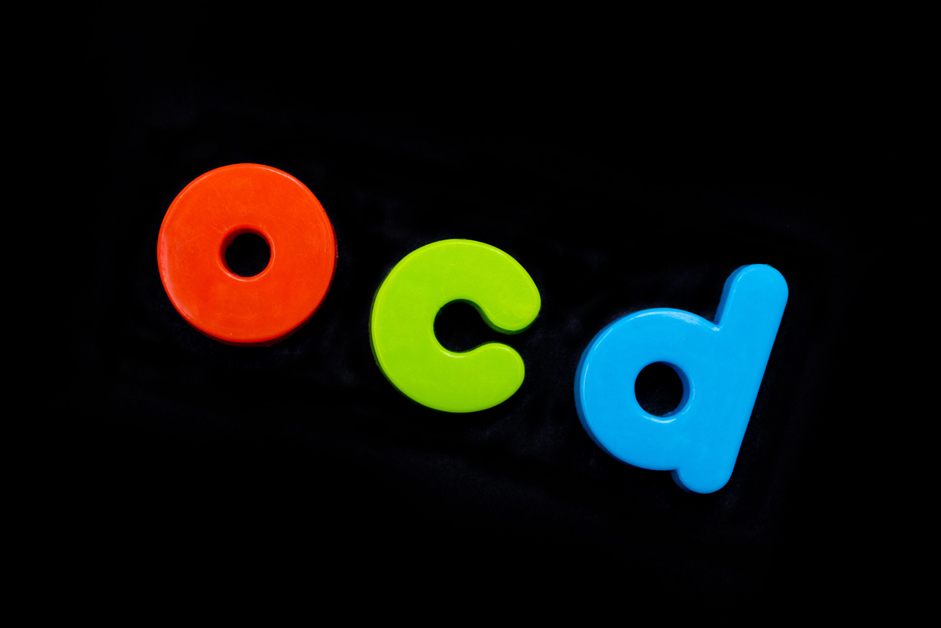
Obsessive-Compulsive disorder (OCD) is a common and treatable brain disorder whereby unwanted thoughts cause significant anxiety or distress, or interfere with the child's normal routine, academic functioning, social activities, or relationships. According to the Centers for Disease Control and Prevention, when a child has OCD, a difference in the way his or her brain processes information results in uncontrollable worries called “obsessions.” The child then performs repetitive rituals called “compulsions” in an effort to decrease the anxiety caused by the obsessions.
OCD in special needs students
Diagnosing OCD in children with other special needs can often be challenging. Parents and teachers may not be aware of the full extent of a child’s symptoms because many of them occur in the child’s mind, and others are easily hidden or disguised.
Diagnosing OCD in autistic children offers further challenges because distinguishing the compulsions of OCD from the stimming and other behaviors common in autism is not always easy. While the ritualistic behaviors of OCD may look similar to the stimming behavior of an autistic child, they are not caused by the same type of anxiety.
For example, behaviors such as screaming or hitting in autistic children are aimed at seeking attention or escaping demands, not soothing their anxiety. According to Glen Elliott, PhD, MD, chief psychiatrist and medical director of Children’s Health Council in Palo Alto, California, the important difference is that the obsession and its ensuing behavior makes the child with OCD unhappy. They are compelled to do it even though they don’t want to. In contrast, autistic repetitive behaviors are fun for the child, and they have no interest in stopping them.
Treatment for OCD in children
For behaviors that a child does want to stop, a combination of “exposure and response prevention” (ERP) and antidepressant medication can be an effective treatment. ERP is a behavior therapy that works by gradually exposing children to their fears in a safe setting and simultaneously preventing them from performing the accompanying compulsions. Effective ERP leads to “habituation.” When participants are exposed to their fear without performing the compulsive behavior and see that nothing bad happens, they build up a tolerance and their anxiety levels go down.
How parents can help
Parents of special needs children are crucial in the diagnosing and treatment of the child’s OCD. Their careful attention and communication of how the child behaves at home can let specialists know what to look for and what might work well as well as what might be best to avoid.
Once OCD is identified, children, families, and school staff can work together to manage symptoms, develop coping strategies, plan educational modifications, and help the child lead a successful life. Good communication can increase understanding of the problem and help the parents and school staff give the child appropriate support.
Alpha School an private special education school in New Jersey
Our Mission at The Alpha School is to help all of our special needs students with the learning, social, language, and behavioral support they deserve. Our highly skilled staff are committed daily to helping each student to becoming the best they can while providing a safe and nurturing educational environment.
We would be more than happy to discuss your child’s specific needs and challenges, so please call us at 732.370.1150, or request a tour of Alpha School of Jackson, NJ located just minutes off of Route 9 and Route 195 in Ocean County.
— John Gonzalez, Principal-Alpha School, Jackson, NJ
About RKS Associates
At all the RKS Schools we pride ourselves in discovery the hidden treasures of all of our students. Our academic and support services are appropriately customized for a student unique and diverse needs so that they can reach their full potential.
Alpha School is part of special needs network of schools located in Monmouth, Middlesex and Ocean County New Jersey. Since 1980 the RKS Associates schools have been leaders in helping special needs helping students with various disabilities including autism, Down's syndrome, communication, learning, social, behavioral and emotional disabilities. The range of services RKS schools provide is academic instruction and speech, occupational and physical therapies. In addition to Life Skills, Technology, and a full complement of Support Services.